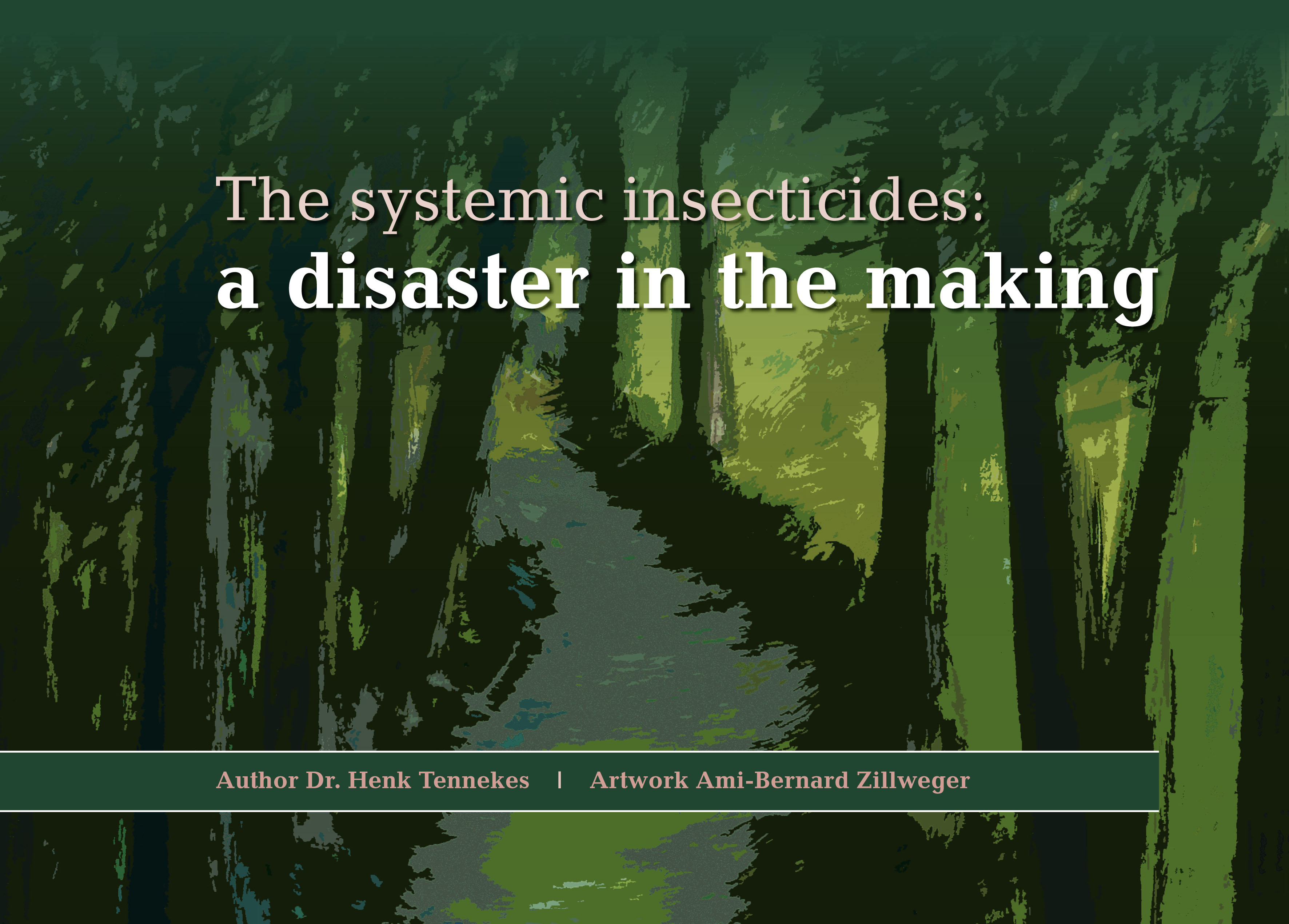While pesticide companies and some researchers say the tiny Varroa mite is the main culprit in declining honeybee health, new Dutch research concludes that bees are more vulnerable to mites and other stressors because of their constant diet of neonicotinoid insecticides. The debate about what's killing honeybees and other pollinators has continued for several years, with Varroa mites largely taking the blame for colony collapse disorder. But as more research is conducted, compiled and analyzed, researchers such as Henk Tennekes say there is no longer any doubt that the neurotoxic insecticides are the root cause of pollinator decline. Neonics compromise immune systems of all insects, the Dutch toxicologist says, noting that in the case of honeybees, the pesticides impair cognitive abilities and downgrade innate immunity, leaving them more vulnerable to disease. "When neonics are present, bees neglect to provide food for eggs and larvae, suffer from a breakdown of navigational abilities because of impaired cognition and experience lower immunity, making them more susceptible to infectious diseases and parasitic opportunists such as Varroa mites," Tennekes wrote in a paper he delivered at Harvard earlier this year. Tennekes is one of several researchers to equate the current environmental issues surrounding neonics with those caused by DDT more than a half century ago. His self-published book, The Systemic Insecticides: A Disaster in the Making, was one of the first to target neonics as the cause of the global pollinator decline. Tennekes, who also attributes songbird die-offs to neonics, recently told CBC News, "Soon the swallows will be gone forever. People don't see the urgency of the problem," he says.
Ontario beekeepers tend to agree. Andre Flys, a beekeeper from Nobleton, Ont., just north of Toronto, suggests the pesticide companies have been drawing attention to mites as a smokescreen while continuing to promote the safety and sale of their insecticides to farmers. He compares the pesticide industry's focus on mites rather than neonicotinoids to the tobacco industry deflecting the health hazards caused by smoking. "I compare it to the tobacco industry standing over a man who's been a smoker all of his life and has died of lung cancer and we start talking about what a health problem diabetes is," says Flys. Diabetes, like the Varroa mite, is a symptom of the real cause of death, he says.
Source: CBC, August 7, 2015
http://www.cbc.ca/news/technology/bee-crisis-are-mites-or-neonics-the-r…

- Login om te reageren
